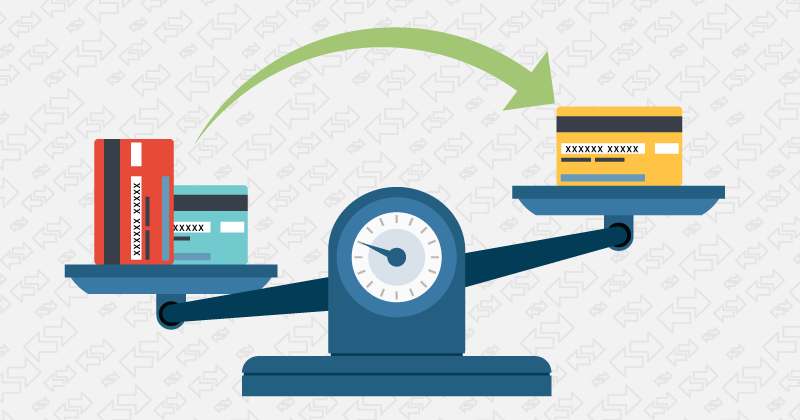Why You Should Check Your Credit Score Before Applying for Credit
If you’ve ever had the misfortune of being refused credit, somewhat surprisingly, you will know…
If you’ve ever had the misfortune of being refused credit, somewhat surprisingly, you will know just how embarrassing and frustrating it can be. Whether it happened in the bank during a mortgage application or in a mobile phone store during the registration process, it can leave you upset and facing a degree of uncertainty. However, you don’t have to leave your next credit application to chance. Follow link to get your credit score and check that your credit status is an accurate reflection of your circumstances.
What is a credit score?
A credit score is a numerical indication of your worthiness for credit. Lenders calculate a specific score based on your credit file, your history with the lender in question and the information you supply at the application stage. Lenders will take very different approaches to compiling a credit score, depending on the type of credit being applied for, the level of risk they deem acceptable and their chosen business model. Because you are probably making repayments, paying your bills and making new applications for credit on an ongoing basis, it stands to reason that your credit score will change regularly. Depending on the lender and the type of credit you’re applying for, just a few points either way on your credit score could determine the success or failure of your application. For more information about how Experian calculate your credit score play this video.
What can affect your credit score?
Catching up with late repayments or paying off a debt completely should improve your credit score significantly. However, missing a credit card charge deadline or allowing your mobile phone contract to slip into default could drastically reduce your score. Other factors that can play a part include your length of service with your current employer, your history with the lender in question and whether or not you’re on the electoral roll.
Unfortunately, there is no defined number at which you can expect to have all your credit applications approved. Whereas an application for a mobile phone contract might be approved without delay, a mortgage application on the same day could be refused. Some lenders specialise in providing credit for people with low credit scores. However, they charge high levels of interest and they are far fewer in number since the economic crash of 2008.
What are the advantages of knowing your credit score?
Making an application for credit without knowing enough about your current credit status could end in an embarrassing rejection that you weren’t expecting. You may also be forced to pay a rate of interest that you hadn’t budgeted for. Although a favourable credit score from a leading credit reference agency won’t be a 100 percent guarantee of getting the finance you need, it will provide you with an indication of your chances of success. It will also alert you to any credit issues that could be responsible for a particularly low score.
By regularly checking your credit score and keeping an eye on the information held against your name, you can enhance your ability to obtain affordable credit for the most important purchases in life.








